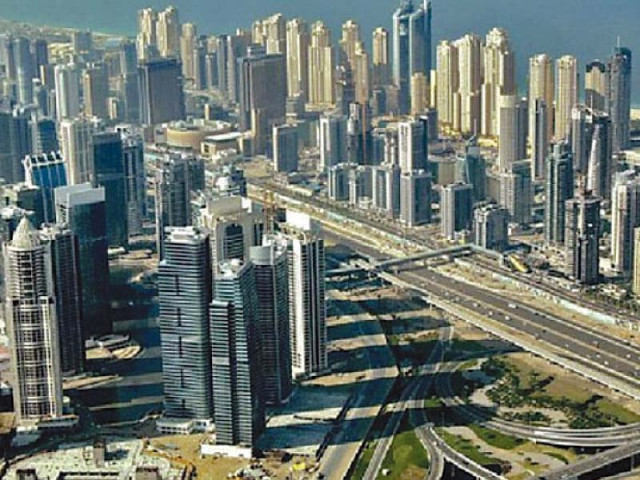PTI stops drive to recover $7.5b from offshore accounts
FBR has not issued any notice to people who have offshore accounts after Jan

The OECD had shared information about over 152,000 bank accounts owned by Pakistani nationals with the tax authorities in September last year. PHOTO: FILE
After January this year, the Federal Board of Revenue (FBR) did not issue any notice to the people who had offshore bank accounts, Mohammad Ashfaq, Director General of International Taxes of the FBR disclosed in a meeting of the National Assembly Standing Committee on Finance. Asad Umar, former finance minister, of the PTI presided over the standing committee meeting.
In September last year, the OECD had shared information about over 152,000 bank accounts owned by Pakistani nationals with the tax authorities. The FBR processed only those bank accounts where deposits were in excess of $500,000 or Rs80 million.
PTI govt slaps Rs516b ‘unprecedented’ taxes
The maximum deposit in one account was $137 million (Rs22 billion), said the director general.
Ashfaq said $7.5 billion was deposited in these 152,000 accounts and over $4.5 billion was owned by just 650 people.
He further said the FBR could trace only half or around 325 of the total 650 people and served them tax notices. “But over 60% of the 325 people had already availed the last tax amnesty scheme,” said the director general.
“When the government started talking about giving another tax amnesty in January, we stopped sending notices to these people,” said Ashfaq to the surprise of the committee. He also acknowledged that the FBR could not provisionally assess the income of these people for tax purposes.
“Basically what are you saying is that the government has abandoned the OECD exercise,” remarked Umar, Chairman of the NA Standing Committee on Finance.
Umar also expressed his surprise over inability of the FBR to make provisional tax assessment in OECD cases despite a legal amendment brought by the government.
Recovering $200 billion, presumably stashed in Swiss banks, was one of the election slogans of Prime Minister Imran Khan. Former finance minister Ishaq Dar had first claimed that $200 billion was parked in Swiss banks by the Pakistanis.
However, the latest report of the Swiss central bank showed that the money that was directly linked to clients from Pakistan stood at CHF 724.1 million or $738 million in 2018, according to the annual report. It was down by CHF 376 million or 34% when compared with CHF 1.1 billion in 2017. The information about the bank accounts was up to December 2017, stated the DG international taxes.
By abandoning the OECD exercise, the government worked against the spirit of the tax amnesty, which was aimed at bringing people into the tax net by going after them on the basis of concrete information, said Umar.
Umar expressed his complete displeasure over the FBR’s briefing to the committee and directed that FBR Chairman Shabbar Zaidi should personally appear before the committee in the next meeting.
“The FBR’s presentation did not reflect seriousness in the OECD matter,” said the committee chairman.
The PTI government has also not set a tax recovery target from the OECD, which also shows that it does not have any expectation from the once claimed “treasure trove of information”.
‘PTI govt will take the accountability process forward’
But Ashfaq said the OECD data was not aimed at generating revenues but would be used as an anti-tax avoidance measure. He said the money stashed in offshore bank accounts belonged to exporters and importers.
The standing committee also took notice of a sharp increase in prices of cement, wheat flour, sugar, domestic air tickets and vehicles. It directed the Competition Commission of Pakistan to launch an inquiry and find out reasons behind the sharp increase in prices. The standing committee also set up a panel to examine the impact of the government’s decision to impose 17% general sales tax on liquidity of five major export-oriented sectors.
Umar said the decision to withdraw the zero-rating facility from the five export-oriented sectors had not been forced by the IMF, rather it was the government’s own decision. “The IMF did not insist on imposing any particular tax,” said the former finance minister, who largely negotiated the IMF deal.
Published in The Express Tribune, July 5th, 2019.
Like Business on Facebook, follow @TribuneBiz on Twitter to stay informed and join in the conversation.



















COMMENTS
Comments are moderated and generally will be posted if they are on-topic and not abusive.
For more information, please see our Comments FAQ